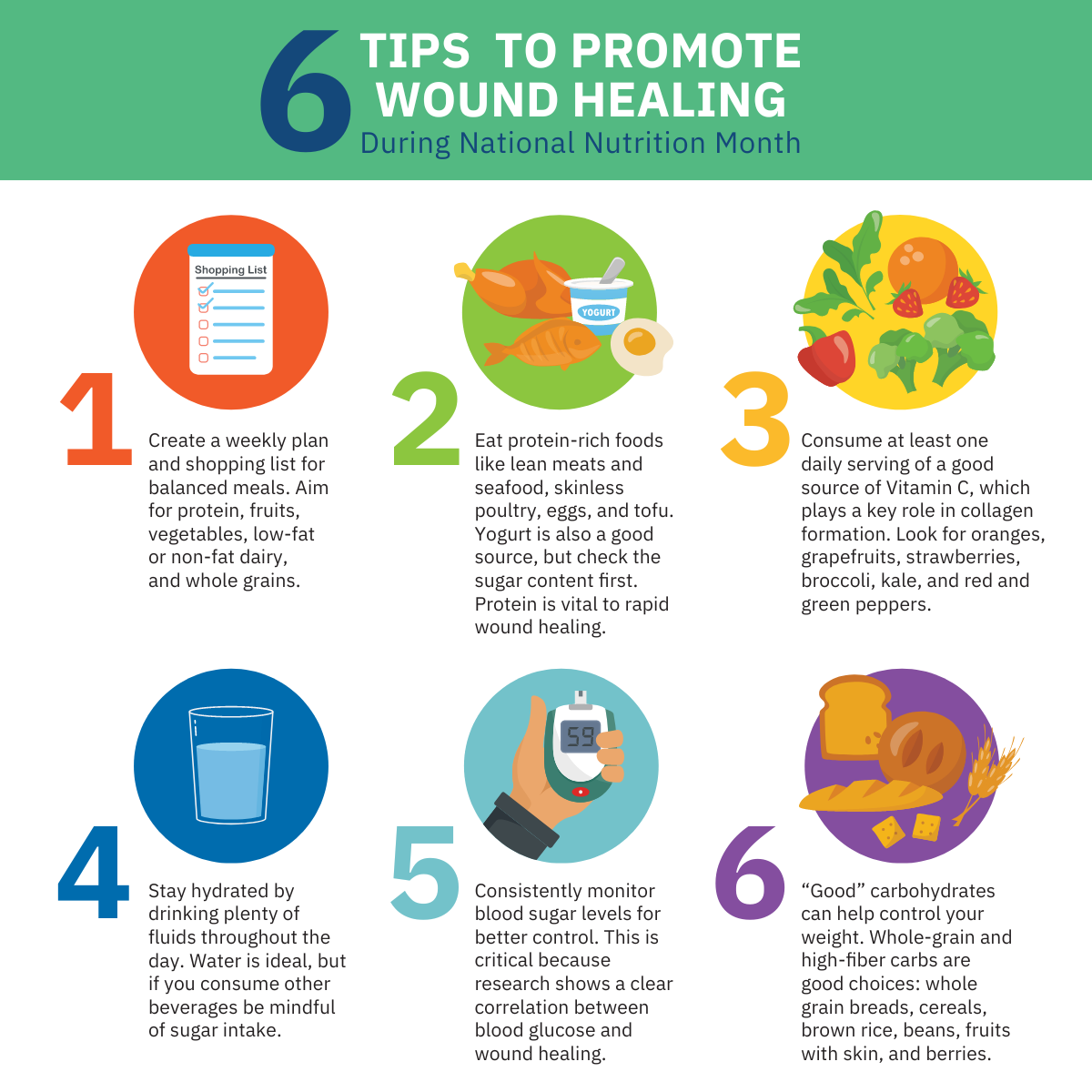10 Gum Cut Remedies That Promote Healing

The dreaded gum cut - a painful and frustrating experience that can make everyday activities like eating, drinking, and even talking a chore. While it’s tempting to ignore the discomfort and hope it heals on its own, taking proactive steps to promote healing can make a significant difference in reducing pain and preventing infection. In this article, we’ll delve into the world of gum cut remedies, exploring 10 evidence-based solutions that can help soothe, calm, and accelerate the healing process.
Understanding Gum Cuts: Causes and Symptoms
Before we dive into the remedies, it’s essential to understand what causes gum cuts and how to identify them. Gum cuts, also known as gum lacerations or gum wounds, occur when the gum tissue is injured, often due to accidental bites, sports injuries, or dental procedures. Symptoms may include pain, swelling, bleeding, and sensitivity in the affected area. If left untreated, gum cuts can lead to infection, abscesses, and even more severe complications.
1. Saltwater Rinse: A Natural Disinfectant
One of the most effective and simplest gum cut remedies is a saltwater rinse. Mixing 1⁄2 teaspoon of salt with 8 ounces of warm water creates a natural disinfectant that can help reduce bacteria, inflammation, and pain. Swish the solution around your mouth for 30 seconds, making sure to reach the affected area, before spitting it out. Repeat this process 2-3 times a day to promote healing and prevent infection.
According to the American Dental Association (ADA), saltwater rinses are a safe and effective way to promote oral health and healing. However, it's essential to use warm water, as hot water can exacerbate the injury and cause further discomfort.
2. Hydrogen Peroxide: A Powerful Antiseptic
Hydrogen peroxide is a common household ingredient with potent antiseptic properties. Diluting hydrogen peroxide with water (1:1 ratio) creates a solution that can help kill bacteria, reduce inflammation, and promote healing. However, be cautious not to use undiluted hydrogen peroxide, as it can damage gum tissue and delay the healing process.
3. Aloe Vera Gel: Soothing and Calming
Aloe vera gel has been used for centuries to treat various skin and mouth injuries, including gum cuts. Its anti-inflammatory and soothing properties can help reduce pain, swelling, and discomfort. Apply aloe vera gel directly to the affected area using a cotton swab, 2-3 times a day, to promote healing and calm the gums.
4. Tea Tree Oil: A Natural Antibiotic
Tea tree oil is a natural antibiotic with antifungal and antiviral properties, making it an effective remedy for gum cuts. Mix a few drops of tea tree oil with water or a carrier oil like coconut or olive oil, and apply it to the affected area using a cotton swab. However, be cautious not to use undiluted tea tree oil, as it can irritate the gums and cause further discomfort.
5. Cold Compress: Reducing Swelling and Pain
A cold compress can help reduce swelling, pain, and discomfort associated with gum cuts. Wrap an ice pack or a cold, damp washcloth in a towel and apply it to the outside of your mouth, near the affected area, for 10-15 minutes. Repeat this process 2-3 times a day to promote healing and alleviate symptoms.
6. Vitamin E Oil: Promoting Tissue Regeneration
Vitamin E oil is rich in antioxidants and has been shown to promote tissue regeneration and healing. Apply a few drops of vitamin E oil to the affected area using a cotton swab, 2-3 times a day, to help reduce inflammation and promote the growth of new gum tissue.
7. Turmeric Paste: A Natural Anti-Inflammatory
Turmeric contains curcumin, a potent anti-inflammatory compound that can help reduce pain, swelling, and inflammation. Mix 1 teaspoon of turmeric powder with enough water to create a paste, and apply it to the affected area using a cotton swab. Leave the paste on for 10-15 minutes before rinsing with warm water.
8. Coconut Oil: Soothing and Antibacterial
Coconut oil is a natural antibacterial agent with anti-inflammatory properties, making it an effective remedy for gum cuts. Apply a few drops of coconut oil to the affected area using a cotton swab, 2-3 times a day, to help reduce pain, swelling, and promote healing.
9. Baking Soda: Neutralizing Acid and Reducing Inflammation
Baking soda can help neutralize acid and reduce inflammation in the mouth, creating an environment that promotes healing. Mix 1 teaspoon of baking soda with water to create a paste, and apply it to the affected area using a cotton swab. Leave the paste on for 10-15 minutes before rinsing with warm water.
10. Dental Paste: A Protective Barrier
Dental paste, also known as dental cement, can provide a protective barrier over the affected area, reducing sensitivity and promoting healing. Apply a small amount of dental paste to the gum cut using a cotton swab, and leave it on for as long as possible before rinsing with warm water.
How long does it take for a gum cut to heal?
+The healing time for a gum cut can vary depending on the severity of the injury and the effectiveness of the remedies used. Generally, gum cuts can take anywhere from 3-14 days to heal, with most people experiencing significant improvement within 7-10 days.
Can I use over-the-counter pain relievers to manage gum cut pain?
+Yes, over-the-counter pain relievers like ibuprofen or acetaminophen can help manage pain and discomfort associated with gum cuts. However, it's essential to follow the recommended dosage and consult with your dentist or healthcare provider before taking any medication.
When should I seek professional help for a gum cut?
+If you experience severe pain, swelling, or bleeding that doesn't improve with remedies, or if you notice signs of infection like pus, fever, or increased sensitivity, seek professional help from your dentist or healthcare provider immediately.
In conclusion, gum cuts can be a painful and frustrating experience, but with the right remedies and care, you can promote healing, reduce pain, and prevent infection. By incorporating these 10 evidence-based remedies into your oral care routine, you can take proactive steps towards a healthier, happier smile. Remember to always consult with your dentist or healthcare provider if you have any concerns or questions about your gum cut or oral health.

